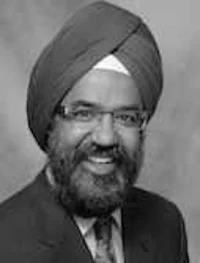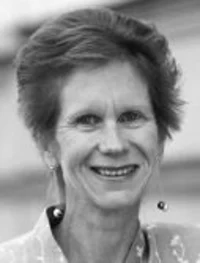This week, we Zoom On Dr. Salim Yusuf, an internationally respected cardiologist and epidemiologist who has substantially influenced the treatment and prevention of cardiovascular disease over a 35-year career. Dr. Yusuf is the newly-elected President of the World Heart Federation (WHF), beginning a two-year term in January 2015. There, he is instituting an Emerging Leaders programme in over 100 countries that aims to cut in half global cardiovascular disease within a generation.
Current Activities
In addition to his new role as WHF President, Dr. Yusuf is a Professor in the Department of Medicine at the Heart and Stroke Foundation of Ontario in Ontario, Canada. He is also the holder of the Marion W. Burke Chair in Cardiovascular Disease at the foundation. Dr. Yusuf’s epidemiological research shows that the majority of risks from both cardiovascular and cerebrovascular disease are attributable to the same few risk factors. His large-scale studies have involved several hundred thousands of people in dozens of countries, and have changed how some of the world’s most deadly health conditions are treated and prevented. His current research examines the role of the environment in disease prevention.
Academic Achievements
Salim Yusuf was born in India in 1956. He studied and graduated with a medical degree from Bangalore University in 1976, after which he received a Rhodes Scholarship and obtained a Doctorate in Philosophy from Oxford University in 1980. While at Oxford, Dr. Yusuf worked with Richard Peto and Peter Sleight to initiate the concepts of large, simple trials and meta-analysis of data obtained from those trials. Dr. Yusuf coordinated the first ISIS trial, setting the structure for future international collaborative work in CVD and helping to demonstrate the value of beta-blockers in myocardial infarction. After the successful ISIS trial, Dr. Yusuf would sit on all subsequent ISIS trial steering committees.
North American Affiliations
In 1984, Yusuf emigrated to the United States and worked with the National Institutes of Health in Bethesda, Maryland. He was a leader in their SOLVD trial, which established the value of ACE-inhibitors on LV dysfunction, and the DIG trial, which clarified the role of digitalis.
In 1992, Dr. Yusuf emigrated to Canada and to work at McMaster University. He established an international programme of research in cardiovascular diseases and prevention, and founded the Population Health Research Institute (PHRI). The PHRI was cited by SCImago as possessing the highest overall impact of Canadian medical centres in the country, and the seventh highest overall impact of any medical centre in the world.
Dr. Yusuf was a Senior Scientist at the Canadian Institutes of Health Research from 1999 to 2004. He has been inducted into the Canadian Medical Hall of Fame, the Royal Society of Canada and appointed as an Officer of the Order of Canada. His numerous therapeutic trials include establishing the roles of ACE-inhibitors in CVD prevention (known as the HOPE study), the use of dual anti-platelet therapies in acute coronary syndromes (known as the CURE study), and the roles of novel anti-thrombotics and invasive interventions.
International Involvement
For the last three decades, Dr. Yusuf has built clinical and population research across Canada and the world by establishing a network of over 1,500 sites in 85 countries. In 2014, he received the Canada Gairdner Wightman Award for "exceptional leadership in global clinical trials and population studies of cardiovascular disease that shaped best guidelines for prevention and treatment.”
To date, Dr. Yusuf has published over 800 articles in research journals, many involving clinical trials which he has led. In 2011, he was the second most-cited medical researcher in the world. His trials have established the roles of ACE-inhibitors in heart failure, left ventricular dysfunction and in those with atherosclerotic disease, and the roles of novel anti-thrombotics and invasive interventions in acute coronary syndromes.
Sources: The World Heart Federation; McMaster University; The Canadian Medical Hall of Fame.
Image Credit: McMaster University







